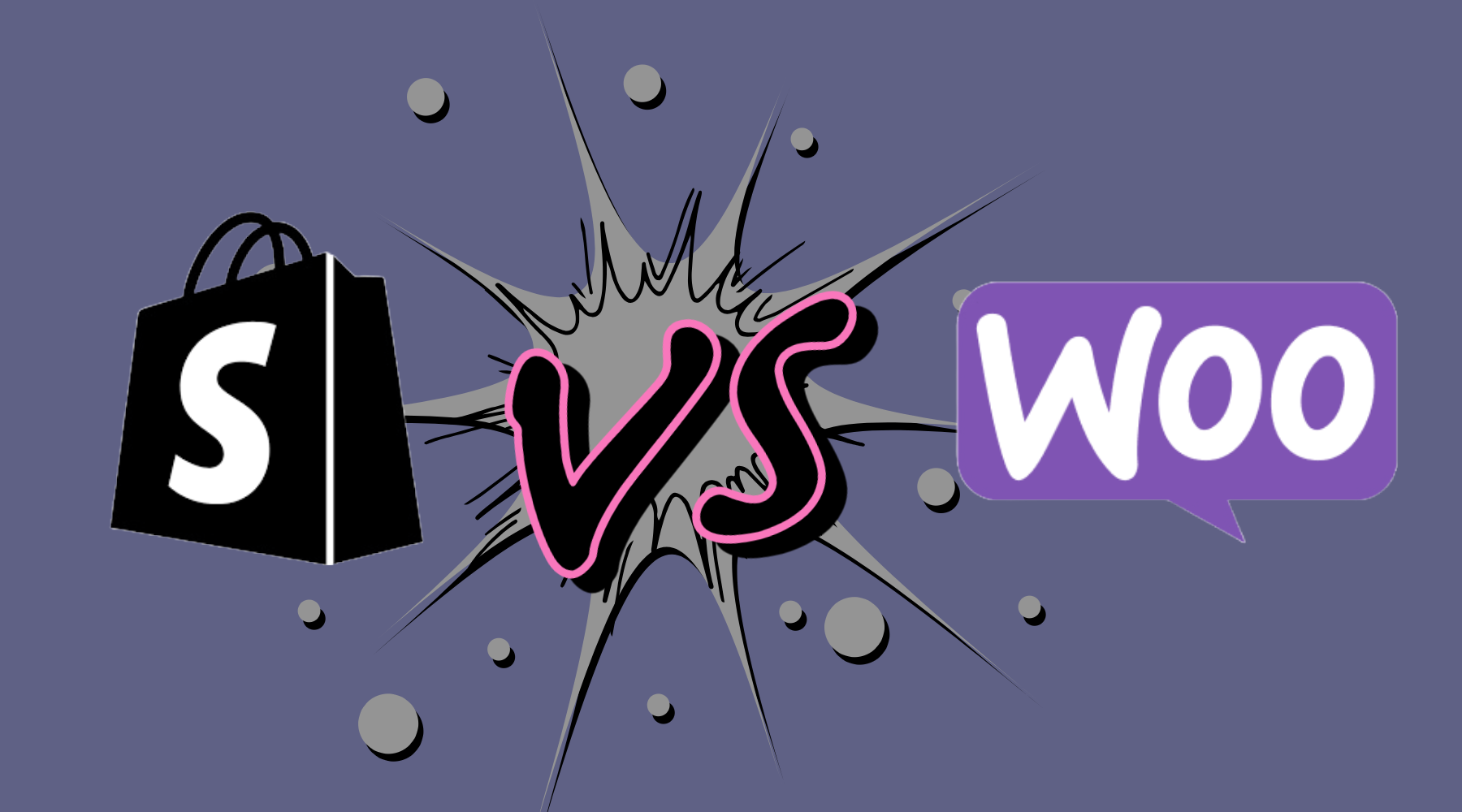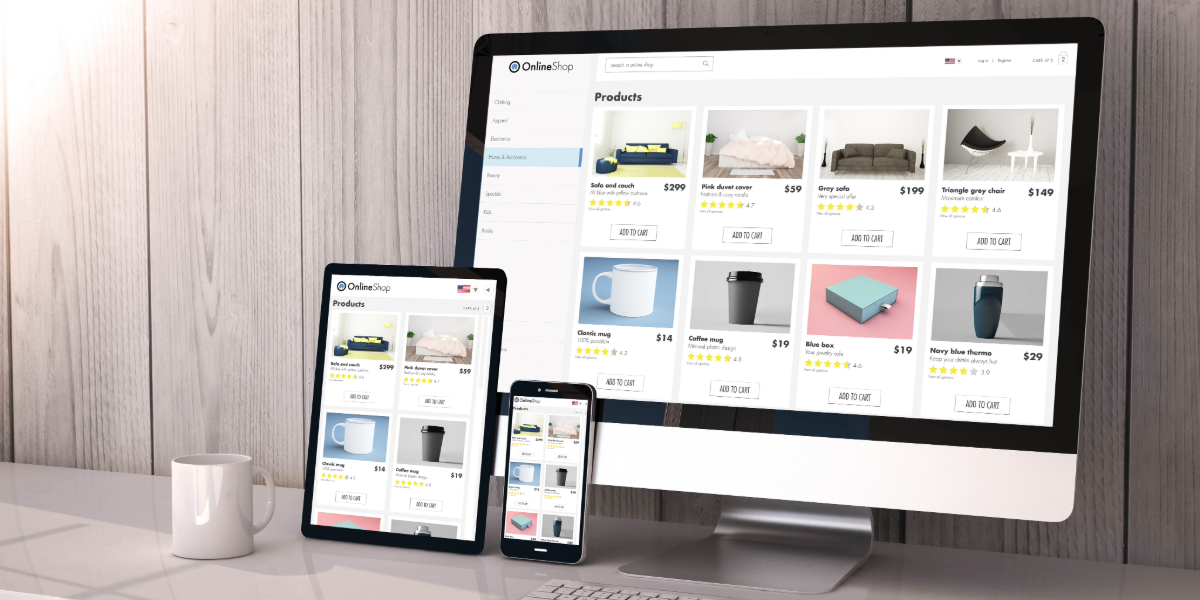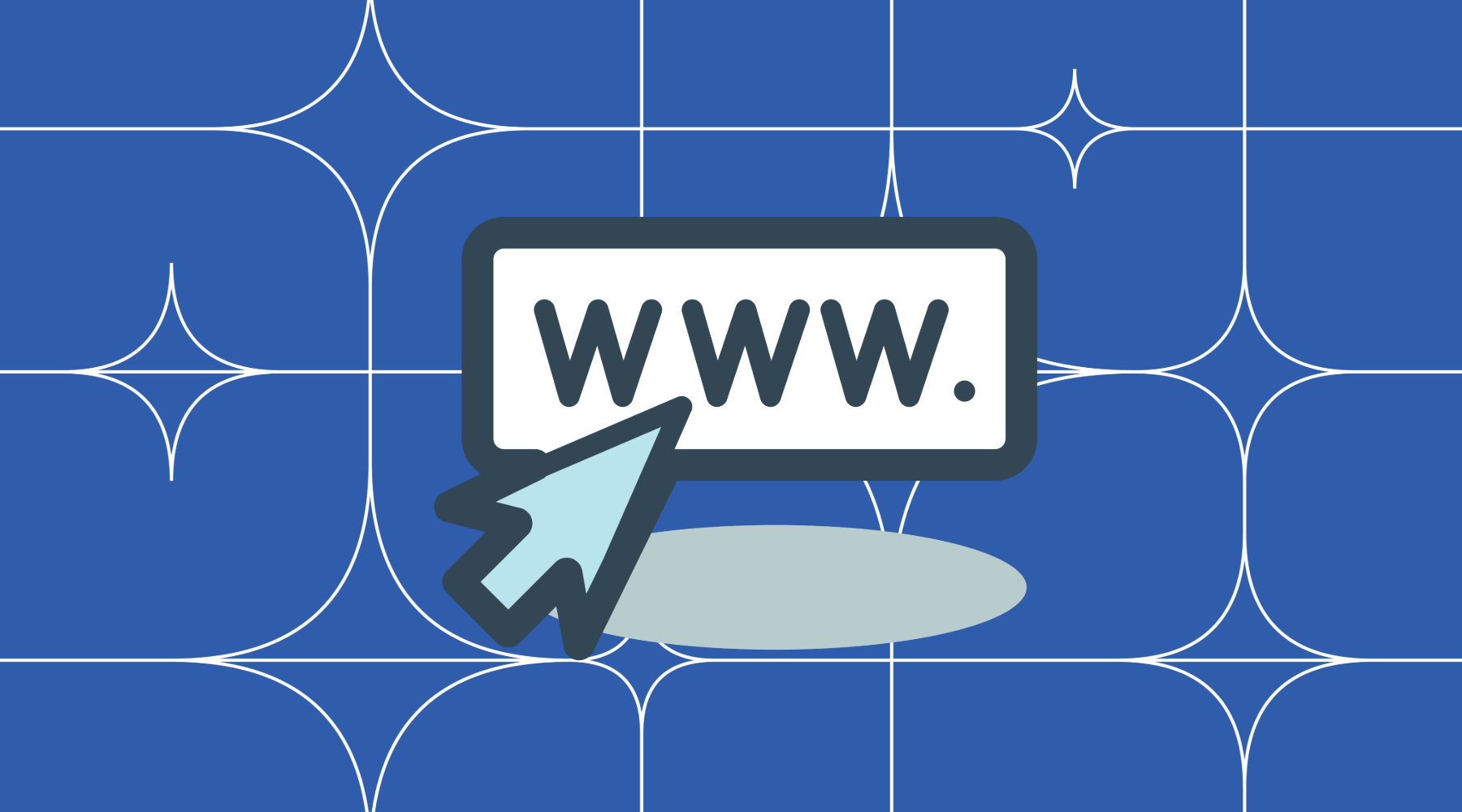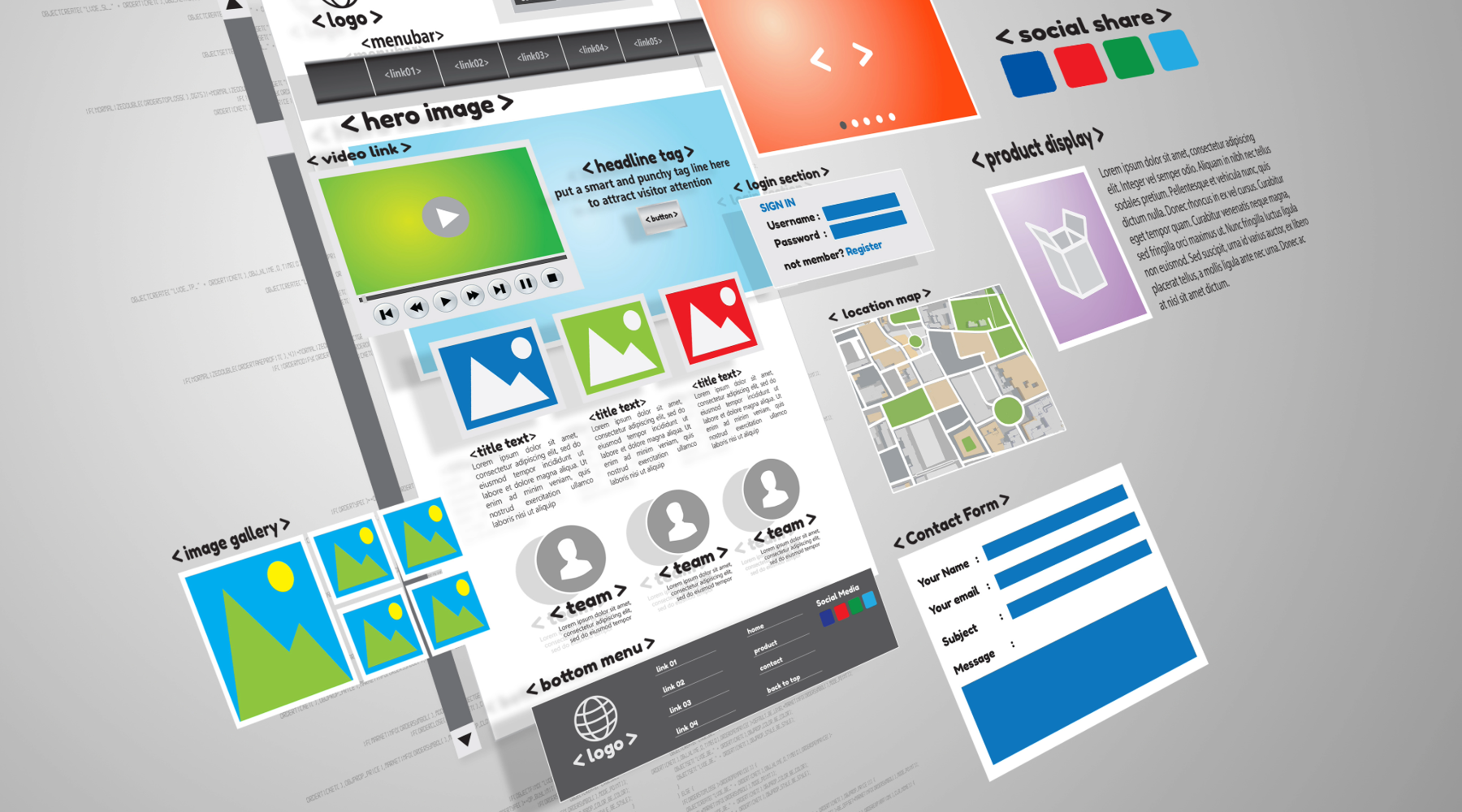
Shopify VS WooCommerce
Summary:
Choosing the right e-commerce platform is crucial for the success of your online business. With so many options available today, selecting the best fit for your needs can significantly impact your sales and growth. Below are some of the top e-commerce platforms to consider:
1. WooCommerce: If you're already using WordPress, WooCommerce is an excellent choice. This powerful plugin seamlessly transforms your WordPress site into a fully functional online store. With an extensive range of customizable themes and plugins, you can tailor your store to meet your specific needs. Additionally, if you need assistance, our services as Shopify partners can help you get started smoothly and effectively.
2. Shopify: Known for its user-friendly interface, Shopify is a popular choice among e-commerce entrepreneurs. With a diverse selection of themes and powerful apps, Shopify provides all the essential tools to build and manage your online store effortlessly. As Shopify partners, we offer services designed to help you maximize your store's potential and streamline your operations for optimal performance.
Shopify vs. WooCommerce: A Friendly Face-Off
Both Shopify and WooCommerce have unique strengths and weaknesses that can influence your decision:
The Pros and Cons
Shopify Pros:
Fully hosted solution—no need to worry about hosting or security.
Intuitive drag-and-drop interface, ideal for beginners.
24/7 customer support to help you through any challenges.
Shopify Cons:Monthly subscription fees can add up, especially with advanced features.
Limited customization unless you know Liquid (Shopify's coding language).
WooCommerce Pros:Highly customizable due to its open-source nature.
No ongoing subscription costs; pay only for what you need.
WooCommerce Cons:Requires more technical knowledge for setup and maintenance.
Hosting and security are your responsibility.
Pricing Matters
Pricing is a crucial factor in your decision-making process. Shopify's pricing starts at $39/month for the Basic plan, which includes hosting, security, and support. As your business grows, you may need to upgrade to higher tiers with more features. Conversely, WooCommerce is free to download, but you'll need to pay for hosting (which can range from $5 to $30/month) and any additional plugins or themes you choose.
The Stock Market Perspective
Shopify is publicly traded on the New York Stock Exchange (NYSE) under the ticker symbol SHOP. This means that you can buy shares of Shopify and become a part-owner of the company. On the other hand, WooCommerce, being a plugin for WordPress, does not have its own stock and is not publicly traded, as it's part of Automattic Inc., the parent company of WordPress.com.
The Developer Angle
Whether you choose Shopify or WooCommerce, having a skilled developer can significantly enhance your e-commerce store. A professional who understands UX/UI principles can create an engaging shopping experience, optimizing your store's design and functionality. This expertise can lead to improved conversion rates, making your investment in professional development worthwhile.
Management Made Simple
Both platforms offer comprehensive management tools:
Shopify: With its built-in analytics and reporting, Shopify provides insights into sales, traffic, and customer behavior, making it easy to track your store's performance.
WooCommerce: WooCommerce integrates seamlessly with WordPress’s existing management tools, offering extensive customization options for reporting and analytics, but may require additional plugins for advanced features.
3. BigCommerce: This platform is designed for growing businesses, offering advanced features like multi-channel selling, robust SEO tools, and analytics. BigCommerce is ideal for those who desire a scalable solution without compromising on customization and functionality.
4. Magento: Magento is a powerful e-commerce platform suitable for larger businesses with complex needs. It offers high levels of customization and flexibility, making it a great choice for enterprises that require a tailored solution to meet their specific market demands.
5. Wix eCommerce: If you're looking for simplicity, Wix provides an intuitive drag-and-drop builder for creating your online store. It's perfect for small businesses and those new to e-commerce, equipping you with everything you need to get started quickly and effectively.
6. Squarespace: Renowned for its stunning, design-focused templates, Squarespace is perfect for artists and creatives looking to showcase their work. Its robust e-commerce features allow you to sell products effortlessly while maintaining a visually appealing site that resonates with your brand identity.
7. Weebly: Weebly is another user-friendly platform that offers essential e-commerce features without the steep learning curve. It’s suitable for small businesses, providing practical tools for managing your online store with ease and efficiency.
8. OpenCart: For those who prefer an open-source solution, OpenCart offers a robust platform for building your online store. It’s flexible and offers a wide range of extensions, although some technical knowledge may be required for setup.
9. 3dcart (Shift4Shop): This platform, now known as Shift4Shop, offers comprehensive e-commerce features that cater to businesses of various sizes. It includes built-in SEO tools and multiple payment options to streamline your sales process and enhance your customer experience.
10. Ecwid: If you already have a website, Ecwid allows you to easily integrate an online store into your existing site. It’s an excellent solution for small businesses looking to sell products without the hassle of building a new website from scratch.
Bottom Line: Selecting the right e-commerce platform hinges on your business goals and requirements. With a variety of options ranging from user-friendly to highly customizable solutions, there’s an ideal platform for every entrepreneur. Don't forget to consider our services as Shopify partners to help you navigate the evolving e-commerce landscape!





















